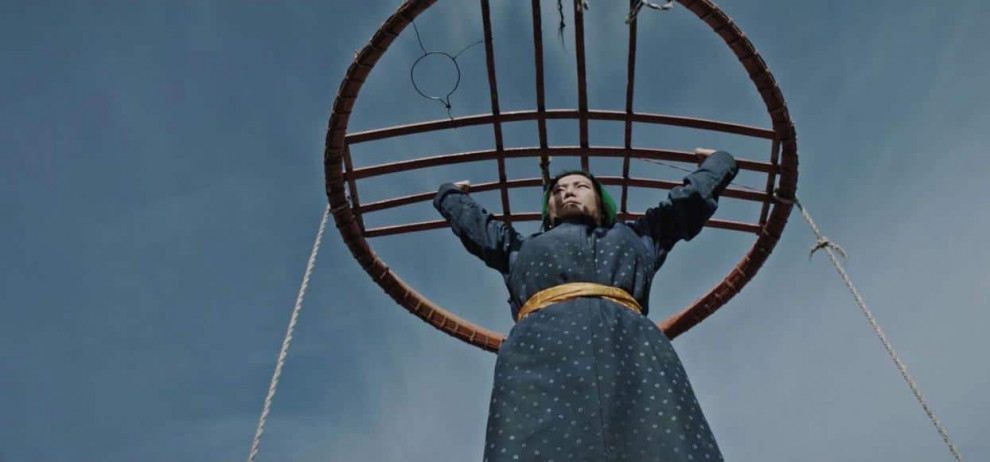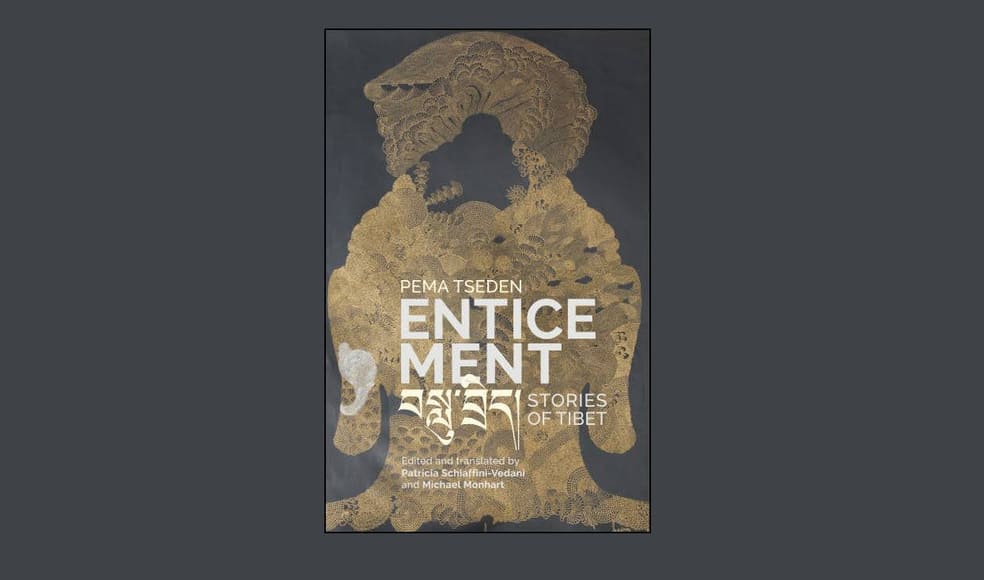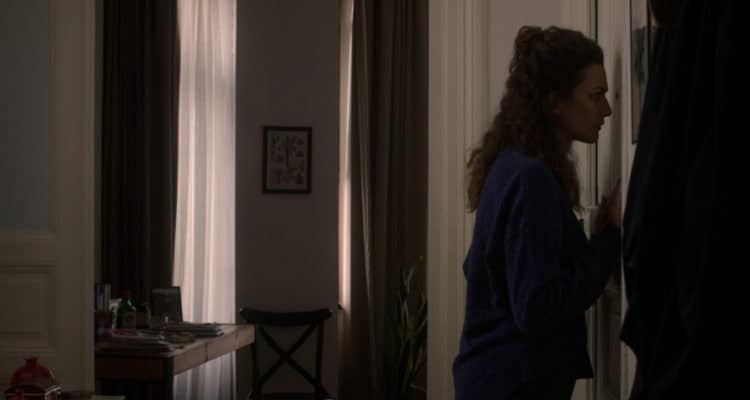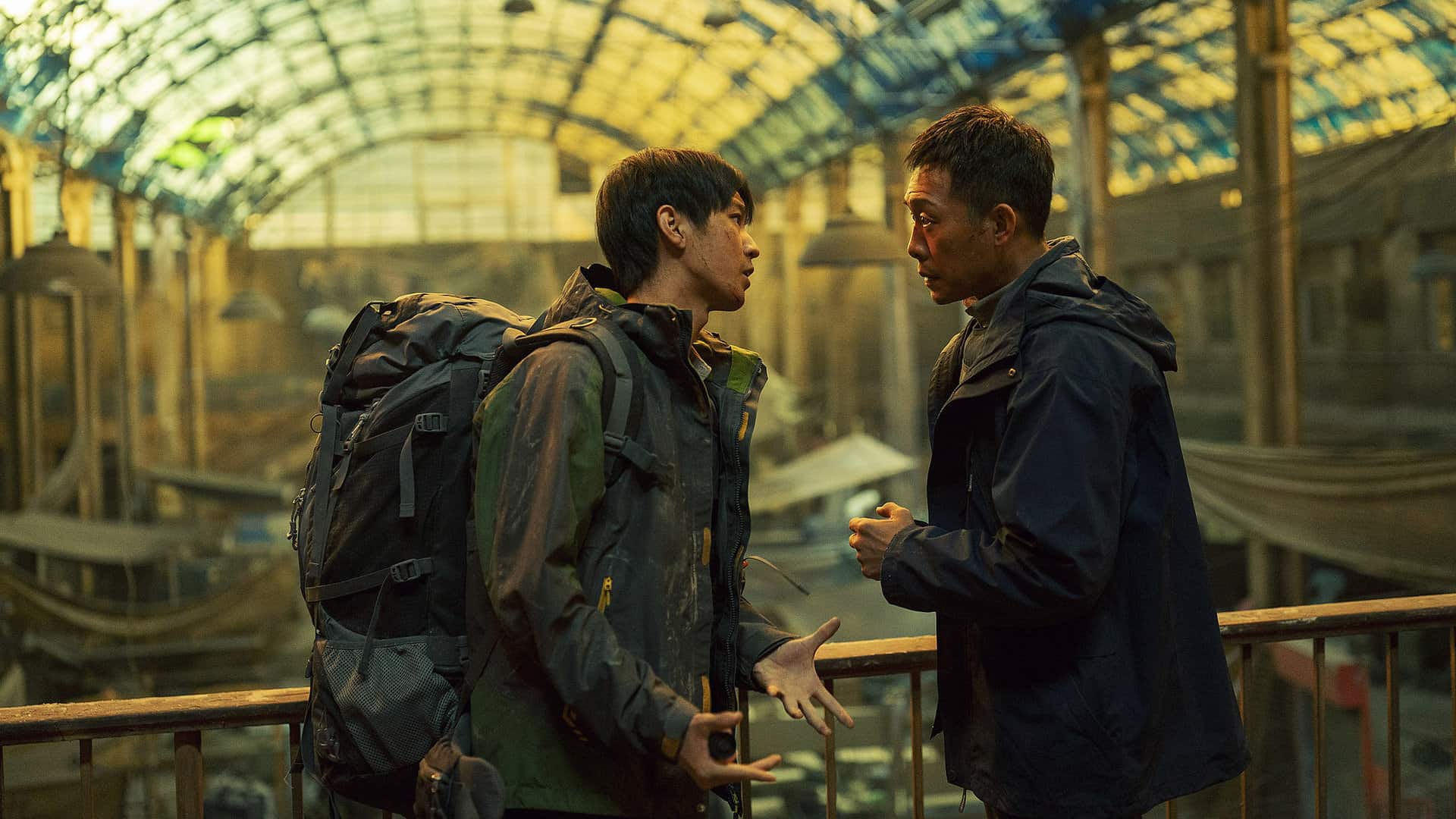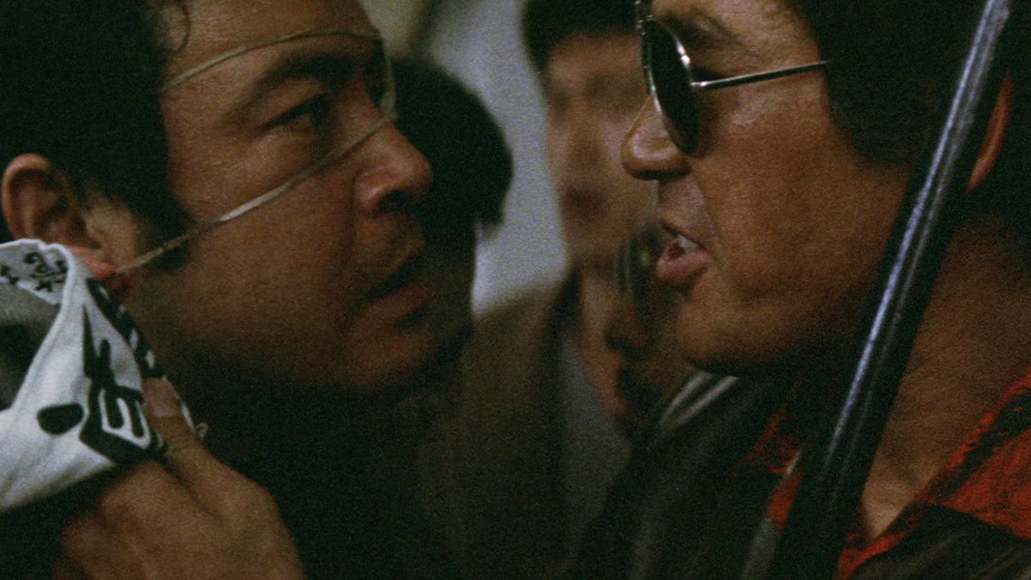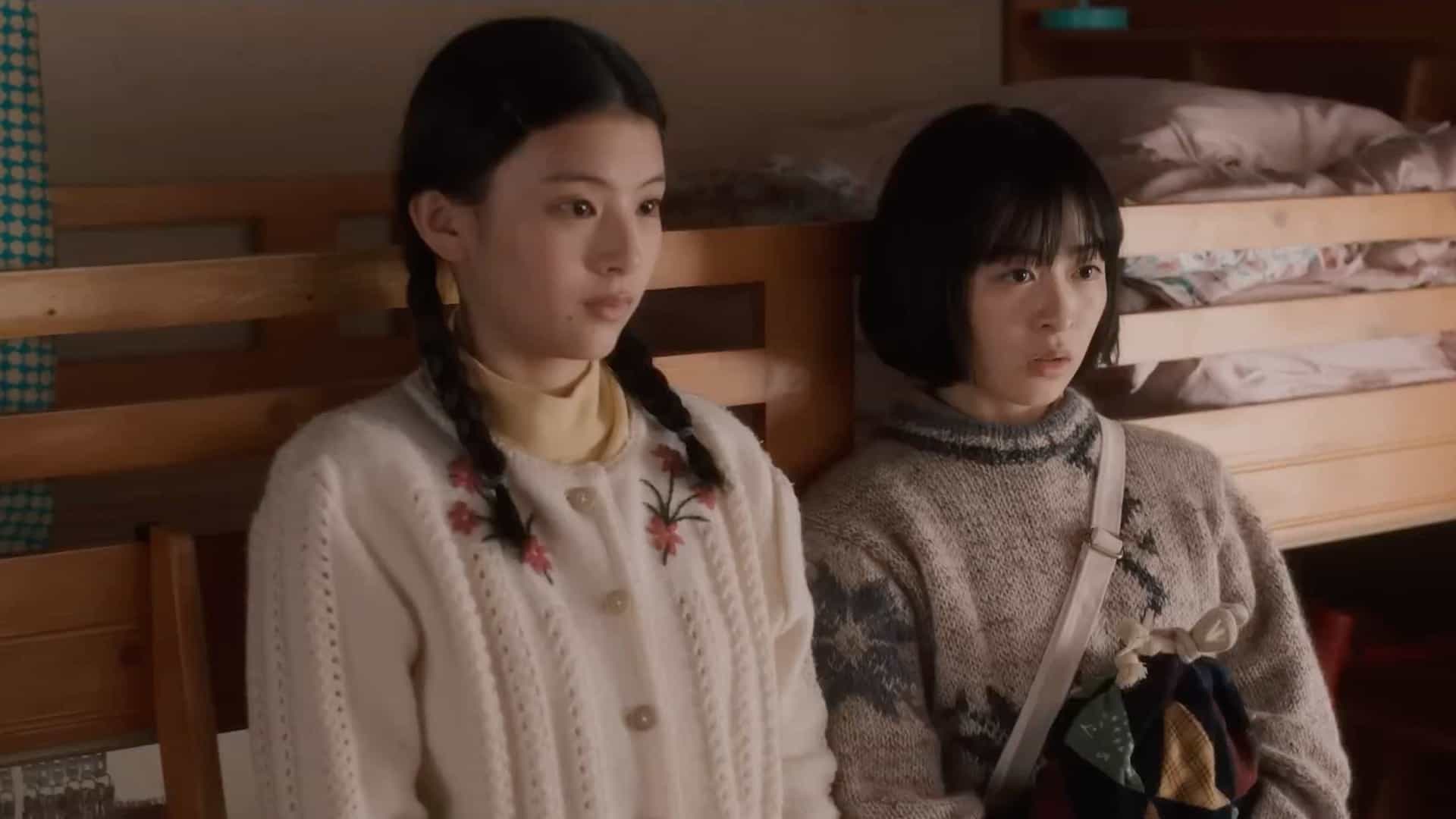Mongolian cinema has been making steps forward in the latest years, with films like “Black Milk”, “Remember Me” and “They Sing Up on the Hill” among others, being a testament to the fact. What is quite interesting is that the path local cinema seems to follow is not only art-house, as the lack of funding would suggest, but an effort towards more mainstream aesthetics, which seems like the ideal way to attract local audience first. “The Woman” implements both approaches, in a mixture that is not perfect but is very interesting and entertaining, while the presence of a Korean in the story adds an element of surprise and uniqueness.
In the remote Mongolian mountains, Dagiina lives with Eruult, her mother-in-law and her two young children, Ider and Ujin, herding their flock almost completely by herself. Occasionally, a local man comes and helps her with the more difficult tasks, but he also insists for her to marry him and move to the nearest town with him. However, since her mother-in-law insists on staying in the steppe, and her being convinced that she would be not be able to get accustomed to the life in the city, she declines, much to her friend's frustration. Eventually, Pak Te Su, a Korean man who also has trouble with his mother and his relationship, arrives in the area in order to photograph a particular bird that is to be used for a campaign of the company he works for. His search proves futile, until he meets Dagiina and her children, with her son Ider being particularly helpful, despite the lack of common language. As the story progresses, some things change, and some remain painfully the same
Otgonzorig Batchuluun directs a movie that is split in two, quite different parts, with the appearance and the going of Pak Te Su and the fate of the mother-in-law functioning as the dichotomy. The first part shows some elements of the hardships of living in the mountains, particularly without men who can handle the hardest jobs, but the presence of the Korean, and the way he is lost and cannot communicate properly with anyone, allows the narrative to retain a light and even funny essence. The second part, which actually interrupts the Korean arc somewhat abruptly, deals with the move of the family and their herd, in a particular difficult trip through the mountains that also gives the narrative a road-movie-essence, and the decision Dagiina has to make about hers and her children's future.
The second part is much more dramatic, as the difficulties The Woman has to face are highlighted in “all their glory”, while Batchuluun also presents the clash between tradition and modernity (which could also be perceived as life in the steppe and life in the city) and the place of women in the current, transitional Mongolian society. The last part in particular is highlighted with the ending scene, where text on screen analyzes it through statistics, by mentioning that the marriage age has increased to 22 for men and 20 for women due to the latter's education, but still has a way to go.
Dagiina is the medium of the majority of comments, with Undral Choimpog's acting being exceptional throughout the film, particularly the way she portrays her inner struggle in laconic and measured fashion, with the directorial approach in that regard also helping the most. Tangad Borkhuu as Eruult has a rather imposing presence, which helps the most in presenting the traditional aspect of living in Mongolia, while her chemistry with Borkhuu is one of the best assets of the movie. Munkhsaikhan Dagvadorj as the son is also very good in his part, giving a measured and naturalistic approach. Ang Jae-mo as Pak Te Su does his best, but the narrative does not give him much space to show his craft, in a role that remains unfulfilled for the most part.
The second part also functions as a tour guide of both the area and the rituals associated with death and leaving a place of herding, with Galbadrankh Batmunkh's cinematography being quite impressive in that regard, while retaining a sense of realism for the rest of the film. Batlkhagva Undrakhbayar's editing induces the first part with a relatively fast pace, while slowing down significantly in the second, with both approaches being quite fit to the context.
“The Woman” has some faults, but in general emerges as a rather convincing effort, both in terms of presenting its various comments and highlighting certain aspects of Mongolian life.


